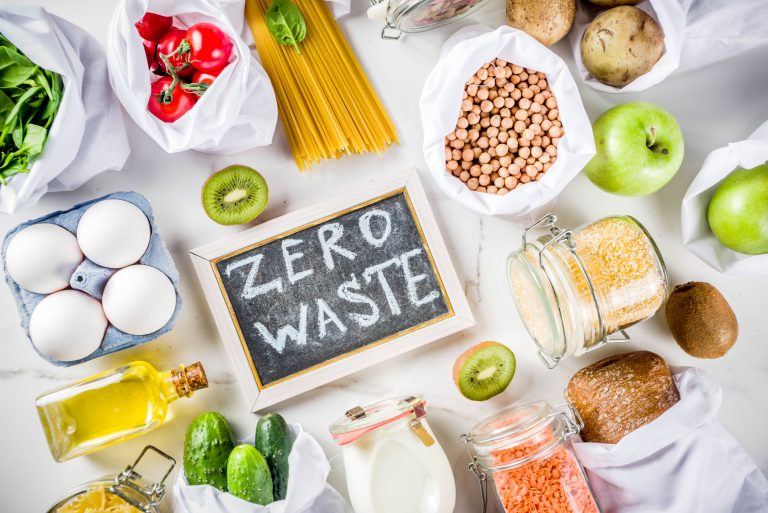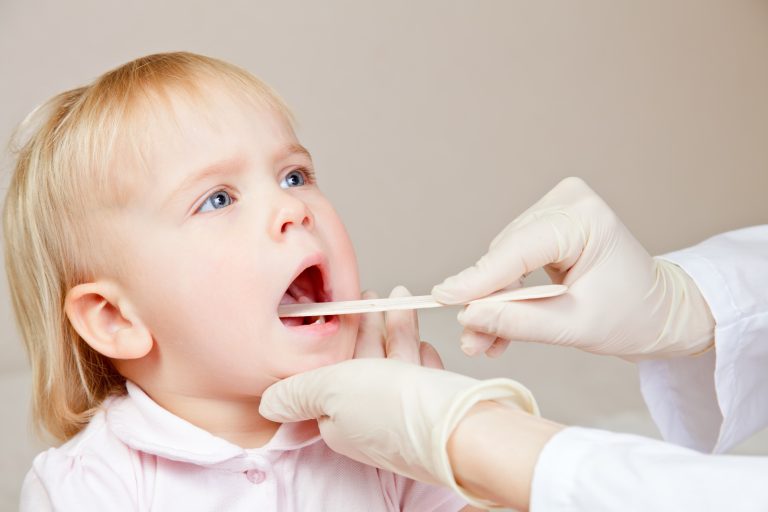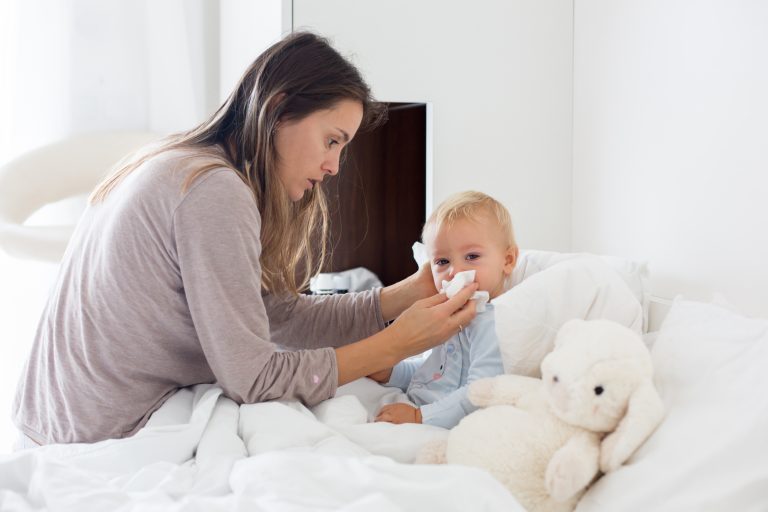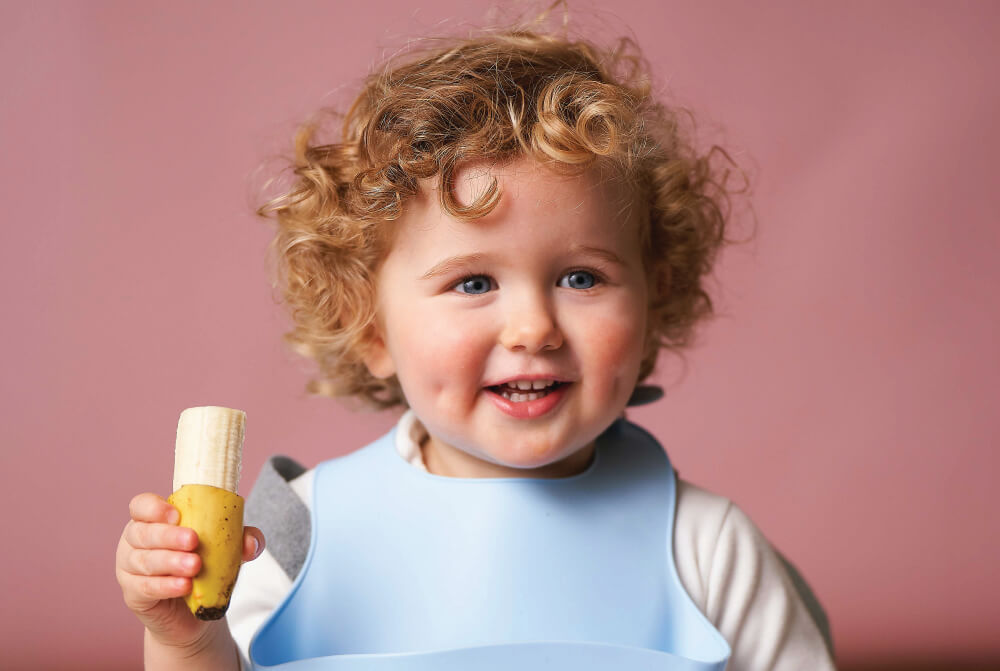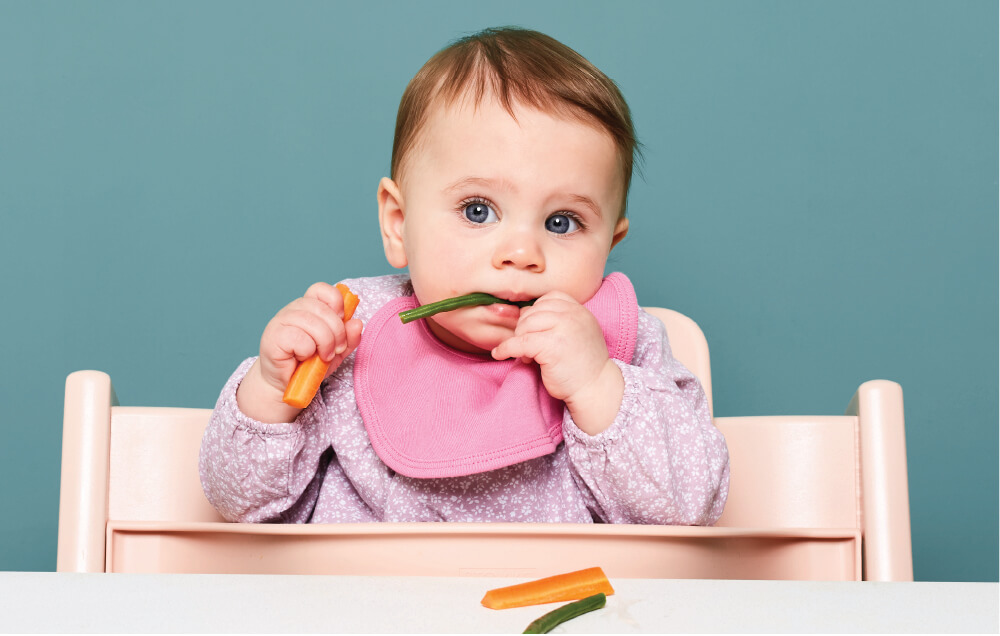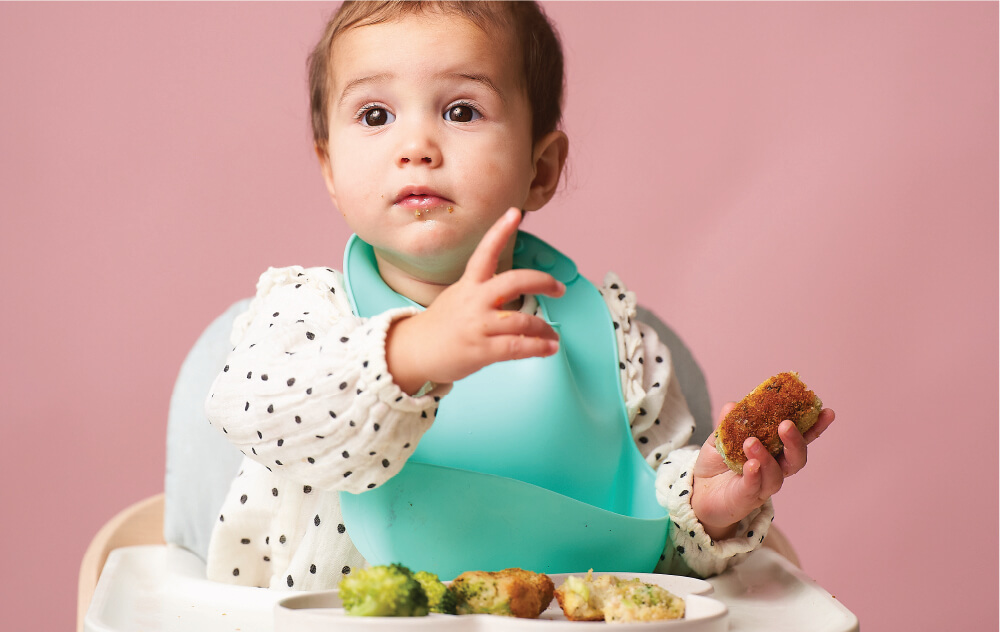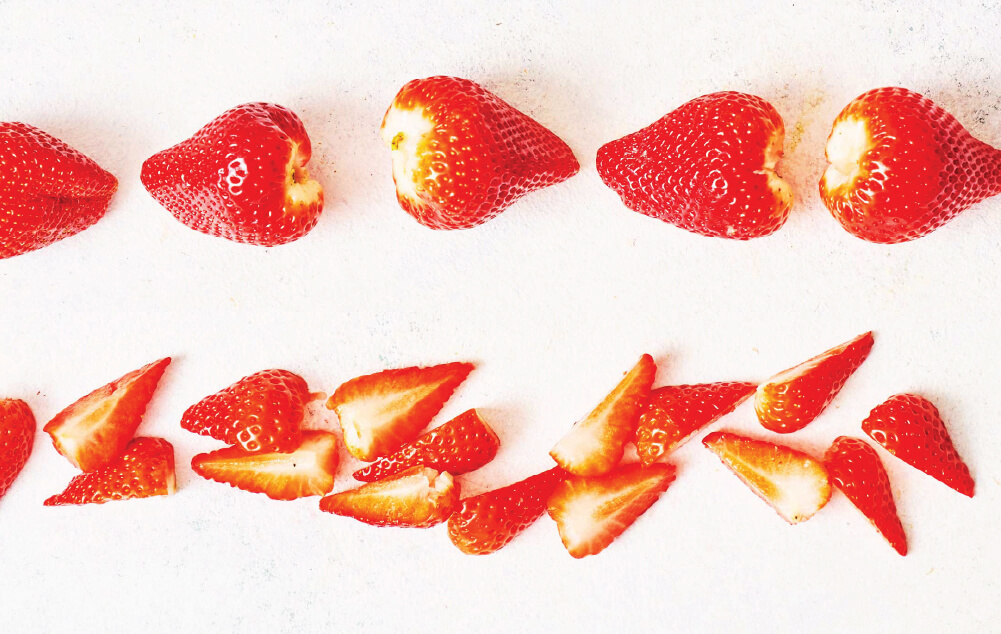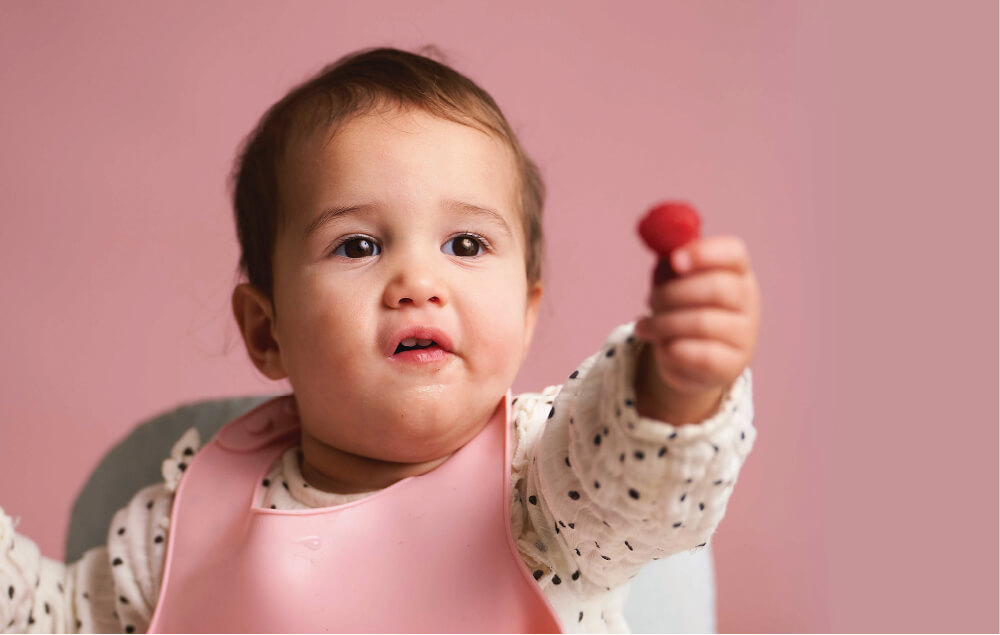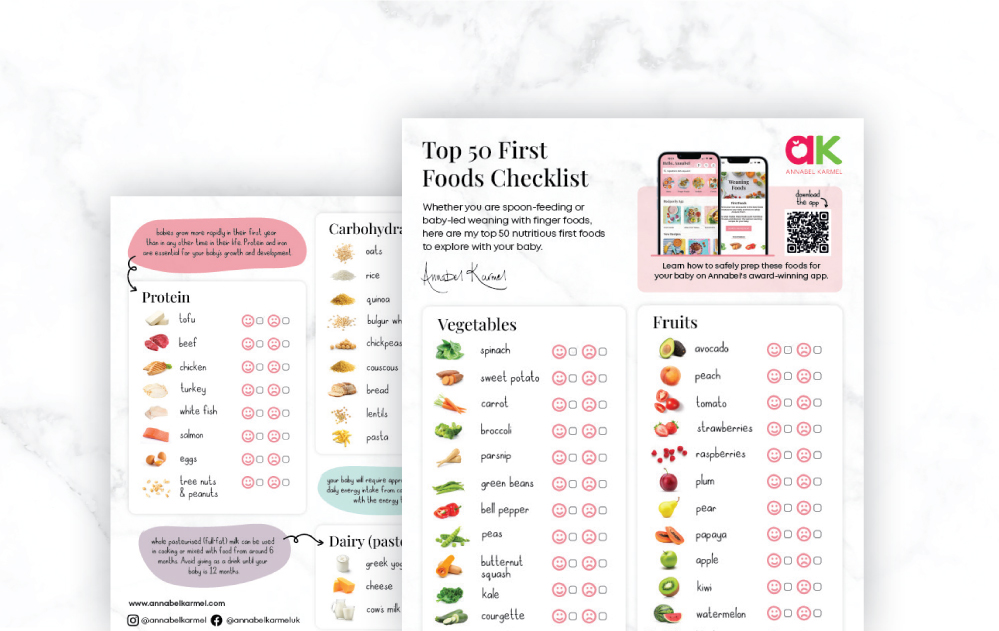Most children will outgrow an allergy to eggs which explains why egg allergy is much more common in young children than in adults. However, if a child is suspected of having an allergy to egg it is important to book an appointment with their GP or a dietitian.
Even with an egg allergy, many people can eat baked food containing well-cooked eggs without a problem. Research has shown 70-80% of children with an egg allergy can eat plain cakes and biscuits containing egg. But it is important to always get advice from a health care professional before consuming allergenic foods in any form. It is essential that any child with an egg allergy is first tested under specialist medical supervision (for example, in a hospital allergy clinic) before foods (such as cakes and biscuits) containing egg are given to them.
Vaccinations
Vaccinations are an important area to consider for parents of a child with an egg allergy. Inactivated influenza vaccines, given by injection, that are egg-free or have a very low ovalbumin content are safe for individuals with egg allergy (des Roches et al., 2012). The BSACI (British Society for Allergy and Clinical Immunology) have advised that children with egg allergy can safely be vaccinated with the nasal influenza vaccine in any setting, including a GP surgery and school. However, facilities should be available and staff trained to recognise and treat anaphylaxis.
The exception is for children who have previously required admission to an intensive care unit for severe anaphylaxis to egg; these children should be referred to a specialist for immunisation in hospital.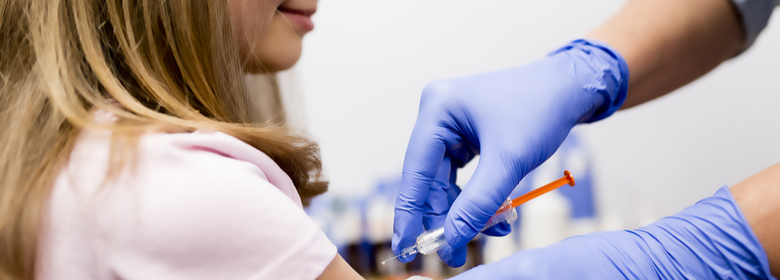
The yellow fever vaccine may contain traces of egg and should be avoided by anyone allergic to egg. The vaccines against yellow fever and typhus are produced in a similar way to influenza. However, this vaccine is not a routine part of the UK immunisation schedule and are usually only given to people travelling abroad to high-risk destinations.
All available information about immunisation and allergy points to the fact that immunisation in children who are at high risk of developing allergy is safe and not a factor in their future allergic conditions.
Many people ask if the MMR (measles, mumps and rubella) vaccine should be given to those with egg allergy. The MMR vaccine does not contain any egg protein and is considered to be safe but any concerns should always be discussed with your GP.
For more information and advice contact the Allergy UK Helpline on 01322 619898, Monday – Friday, 9am – 5pm or visit the Allergy UK website www.allergyuk.org and use our ‘live chat’ feature.












